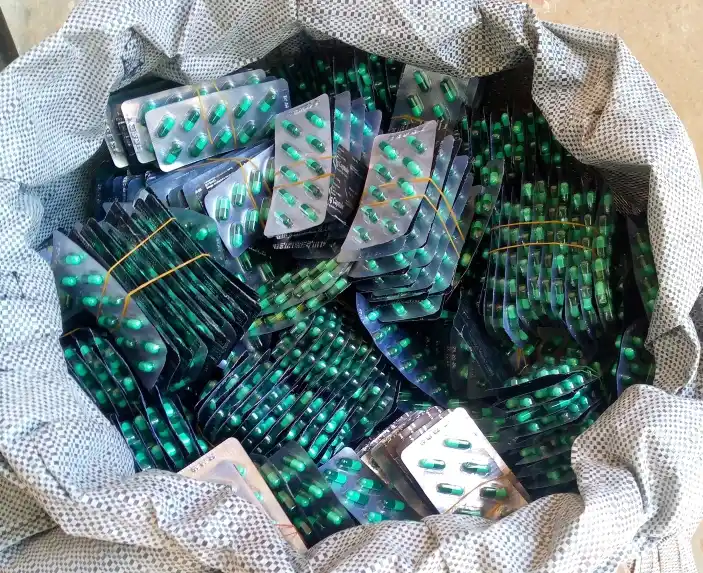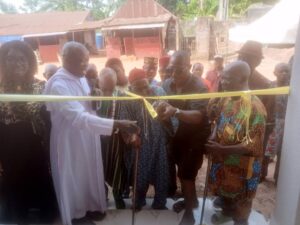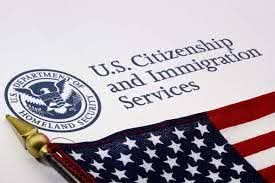Prescription bomb

• We must redouble efforts to stem the tide
Nigeria is apparently sitting on a keg of gunpowder if the rate of drug addiction in the country is as high as the 14.3 per cent released by the United Nations Office on Drugs and Crime (UNODC). This disclosure made by the body’s project officer, Dr. Akanidomo Ibanga, means that one out of every seven Nigerians do dangerous drugs.
Ibanga made this known during a capacity building training for operatives of Kaduna Bureau of Substance Abuse, Prevention and Treatment (KADBUSA) in Kaduna, Kaduna State. According to him, “Now, that is three times more the global average. We have a serious drugs problem on our hands.”
This is indeed a very serious problem, especially with the lack of adequate treatment facilities to handle the issues of people that have drugs disorder. As Ibanga noted, when we realise that the figures under reference were 2018 figures, we can imagine how dire the situation is.
”This date is even 2018 data. From that time till date, the number of people using drugs has probably increased. From projections from the World Health Organisation (WHO) and UNODC is that there would be 40 per cent increase in drug use by 2030 in Africa, and Nigeria, being the most populous country in Africa, is likely to have most of the number.”
KADBUSA’s Director- General Joseph Ike said the training was in alignment with Governor Uba Sani administration’s agenda.
We cannot ignore UNODC. As a global leader in the fight against illicit drugs and international crime, in addition to being responsible for implementing the United Nations lead programme on terrorism, it should know. We must rise to the occasion.
“So, we are saying that we are sitting on a time bomb because come 2030, we are talking of about 20 per cent prevalence. That is, one in every five people you meet on the street.”
This is a time bomb indeed. We must arrest the trend.
We need an aggressive public enlightenment blitz to enable people; particularly the youths, know the dangers in some of their habits. They must be sufficiently aware of the triggers: peer pressure, home dislocation, parental detachment (dysfunctional families), etc. In this wise, faith and normative agencies (churches, mosques, etc) should do more to help curb the drug crisis.
All of these can be added to UNODC’s models that can be run by both national and state governments.
For instance, it is better to counsel people with drug disorders that can still be redeemed rather than send them to prison, a thing which sometimes bring them in contact with hardened criminals and compound their problem.
There is no doubt that the National Drug Law Enforcement Agency (NDLEA) is trying a lot, especially in recent times, but it should do more to curtail this growing menace, both in arrests and prosecution, and in mass advocacy for better drug conduct.
We commend Governor Sani for the initiative which is apparently a reaction to the challenge of drug abuse in Kaduna State that he governs. Drug abuse is actually a pandemic in the state, with about 10.9 per cent of people in the state being involved in drug abuse. As a matter of fact, this is believed to be the fuel for the violence that has characterised the state in recent times.
We also urge more collaboration with stakeholders in the drug war so they can exchange ideas and thus better and more efficiently handle their onerous assignments.









